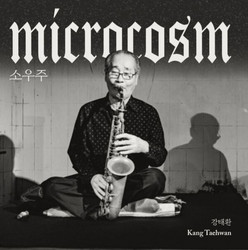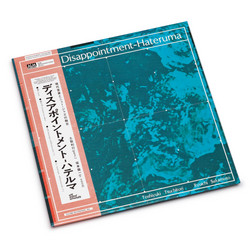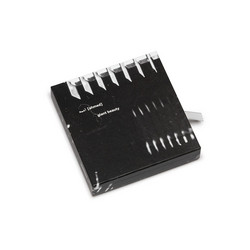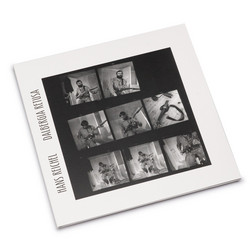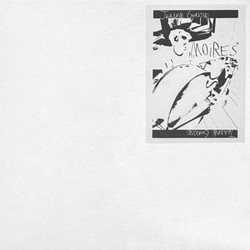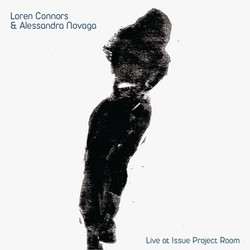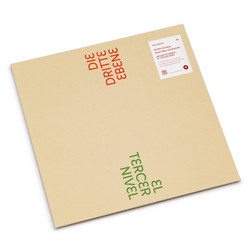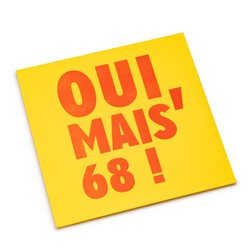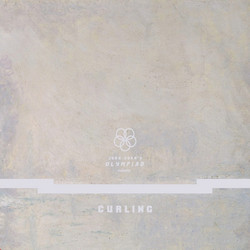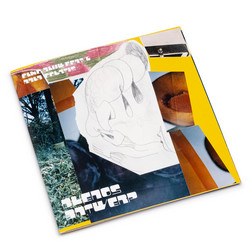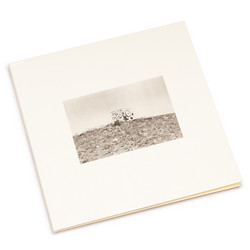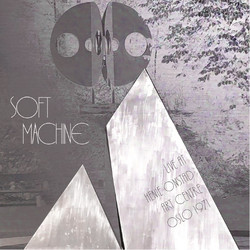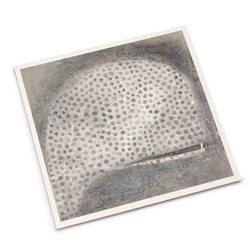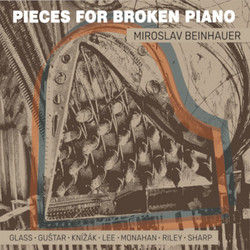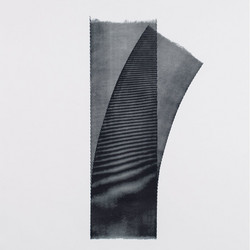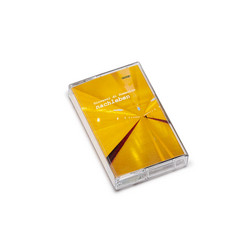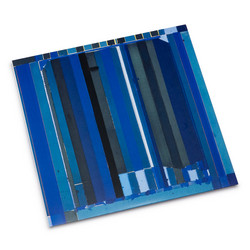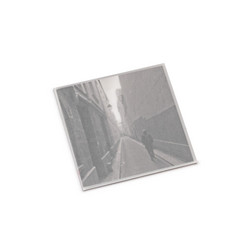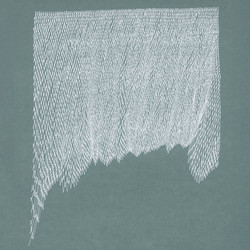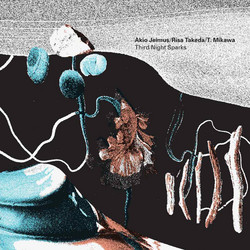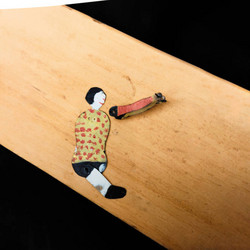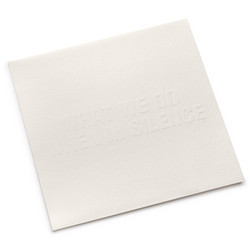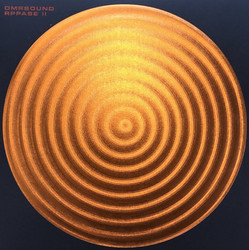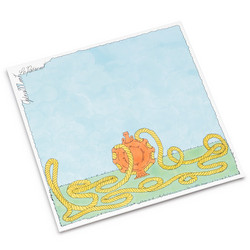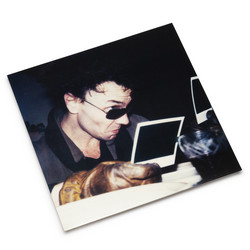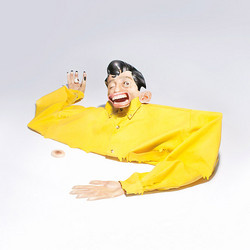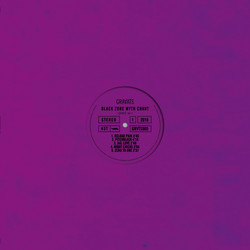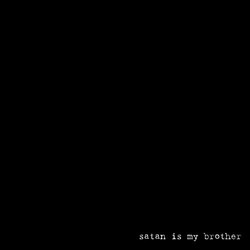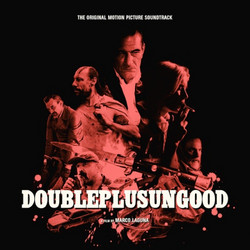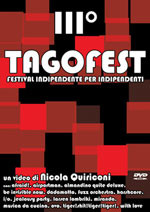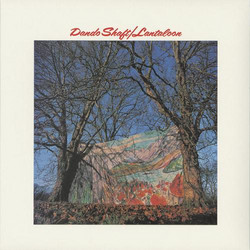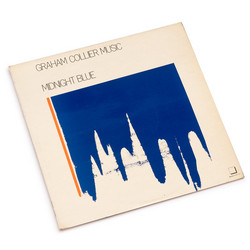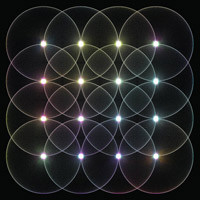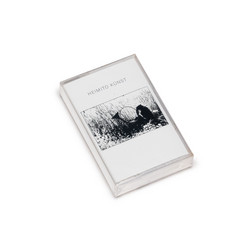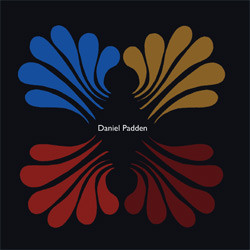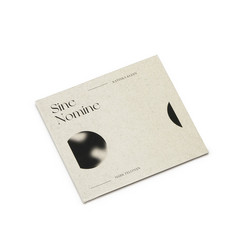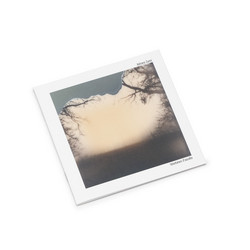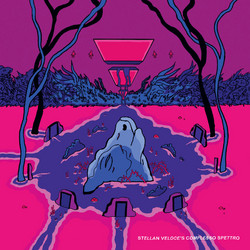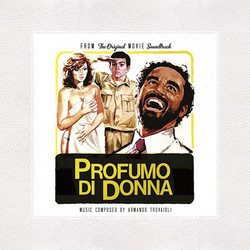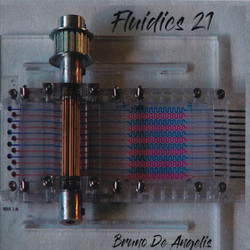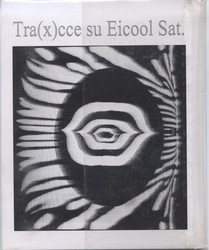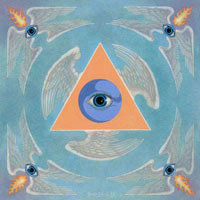1
2
3
4
Autoreverse brings together Arnaud Rivière (prepared turntable - we should say damaged or destroyed), a kingpin of the French noise underground as a programmer at Instants Chavirés and Sonic Protest, team player with Otomo Yoshihide, Erik M, and a hundred others, ; and Nina Garcia (guitar & feedback), recently recruited by Stephen O'Malley's Ideologic Organ label after giving the whole of the Paris region a taste for noise guitar solos with her Mariachi project ("Guitar, pedal. That's all’, as his Discogs puts it. What he doesn't say is that it's everything - a world, a cosmos in itself) – culminating in a self-titled album and instant classic (Mariachi, No Lagos, 2018), and various collaborations (Maria Bertel, Mamiedaragon).
Their music, already been featured in two live cassettes, stems from assiduous concert practice. Autotunes is something like the duo's core in fission. They throw themselves into improvisation with little patience for detours : the position is clean-cut hardcore – less over-the-top clatter and more about finding the cutting edge, with an insistence on fine-tuning the limits of the instruments, attacking the raw and the gritty with maximum precision: the result is an irradiating flow of rare metals and certified toxins. In one of the record's many climaxes, bleeps extruded from who knows where battle with the strumming of white-hot guitar strings. But there's a whole host of distinct techniques and sonorities at work here: seamless attacks, amplified scrap metal, just-caught feedbacks, provoked chances, melodies that invite themselves in but don't stay for dinner, rhythmic sketches and glimpsed zones of beauty, built-up and cracked materials, expected and unexpected counterpoints. The intensities vary from start to finish: howling, eruptive bursts of harsh noise microswitchs, shapeless feedback whining and growling, but also more meditative harmonics and resonances.
This is reinforced by the didactic and generous structure of the record, which first methodically exposes the takes played in the studio through ‘horizontal’ sequencing (A1), before repeating the same material ‘vertically’ in a meticulous work of hollowing out and elisions. Autotunes manifests a distinctive ability to maintain an astonishing dynamic in the depths of the post-industrial cavern left by Throbbing Gristle (‘Slug Bait’ period), Maurizio Bianchi and all. With Autoreverse, it's no longer time to marvel at our various abilities and tactics, but to tighten the mesh. In the way it coolly reviews the possibilities, in its peaceful radicalism, in its attitude of less noise, more impact, this record helps us to conceive what a comrade called once ‘an ethic of our violence’.
Their music, already been featured in two live cassettes, stems from assiduous concert practice. Autotunes is something like the duo's core in fission. They throw themselves into improvisation with little patience for detours : the position is clean-cut hardcore – less over-the-top clatter and more about finding the cutting edge, with an insistence on fine-tuning the limits of the instruments, attacking the raw and the gritty with maximum precision: the result is an irradiating flow of rare metals and certified toxins. In one of the record's many climaxes, bleeps extruded from who knows where battle with the strumming of white-hot guitar strings. But there's a whole host of distinct techniques and sonorities at work here: seamless attacks, amplified scrap metal, just-caught feedbacks, provoked chances, melodies that invite themselves in but don't stay for dinner, rhythmic sketches and glimpsed zones of beauty, built-up and cracked materials, expected and unexpected counterpoints. The intensities vary from start to finish: howling, eruptive bursts of harsh noise microswitchs, shapeless feedback whining and growling, but also more meditative harmonics and resonances.
This is reinforced by the didactic and generous structure of the record, which first methodically exposes the takes played in the studio through ‘horizontal’ sequencing (A1), before repeating the same material ‘vertically’ in a meticulous work of hollowing out and elisions. Autotunes manifests a distinctive ability to maintain an astonishing dynamic in the depths of the post-industrial cavern left by Throbbing Gristle (‘Slug Bait’ period), Maurizio Bianchi and all. With Autoreverse, it's no longer time to marvel at our various abilities and tactics, but to tighten the mesh. In the way it coolly reviews the possibilities, in its peaceful radicalism, in its attitude of less noise, more impact, this record helps us to conceive what a comrade called once ‘an ethic of our violence’.
Details
